Australia’s venture capital industry ‘should do more on impact’
Blackbird’s latest hire is a head of impact, and Kate Glazebrook says the rest of the industry should follow suit.
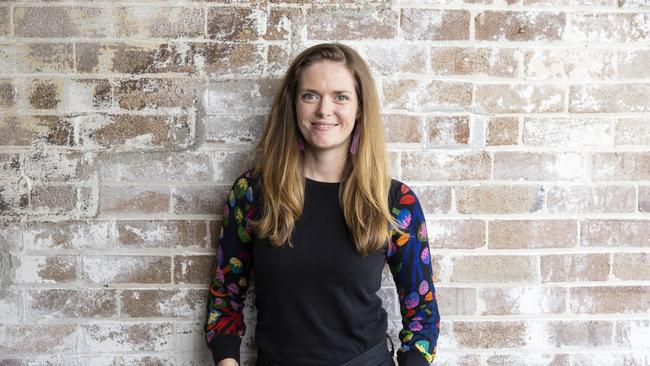
Australia’s venture capital firms can no longer afford to stick to their knitting and should be ramping up efforts on impact and sustainability, according to the newly appointed head of impact for Australia’s largest VC firm Blackbird Ventures.
Australia is home to some dedicated impact invest firms - Giant Leap, Impact Investing Australia, Social Ventures Australia among others - but Blackbird’s Kate Glazebrook is calling on other VCs to lift their focus on impact and hire their own impact executives.
Sustainability and diversity are often seen as “box ticking” or risk mitigation, Ms Glazebrook said in an interview, when instead they’re where some of the most exciting opportunities lie for the nation’s start-ups.
The phrase “go woke, go broke” is often deployed by critics but Ms Glazebrook disagrees, declaring that some of Australia’s fastest-growing and most valuable tech companies are making huge strides in areas like the environment and diversity without taking a hit to their bottom lines.
Australia’s most valuable private start-up Canva has committed to go net positive on carbon emissions, and has a raft of other initiatives including farm volunteering days and tree-planting for every print sold. Canva was most recently valued at $US40bn ($54.6bn), worth more than Telstra and Woolworths, and Blackbird’s portfolio of start-up investments was most recently valued at $10bn.
“Canva are not a green company, they’re a design company,” Ms Glazebrook said.
“But (co-founders) Mel and Cliff are already having a huge positive impact on the world around them and their company is going to be around 10, 20 years from now and that impact is only going to grow.
“They’ve had outsized commercial success but they’ve taken action particularly on climate because it’s blindingly obvious that we’re all going to have to.”
There’s evidence showing training on issues like diversity doesn’t work – that it can be effectively preaching to the choir – and instead efforts on impact need to be baked in to how a company operates, the executive said.
“If impact or ESG is something that everybody at Blackbird thinks of as being my job, it will fail,” she said.
“It’s got to be embedded in how all of us think about what we do. I might wear that title, but a lot of the execution actually sits with all of our top executives, and the founders of the start-ups themselves.
“We at Blackbird would love to be trailblazers here and for others to follow. But our investment mandate isn’t changing. It’s just how we think about impact is significantly upgrading and involving. We have a huge responsibility and opportunity as a funder of such a big portfolio.”
Michael Fox, the co-founder and chief executive of mushroom-based meat start-up Fable, said start-ups are having an sizeable impact on helping drag Australia’s economy towards net zero especially compared to older, more traditional businesses.
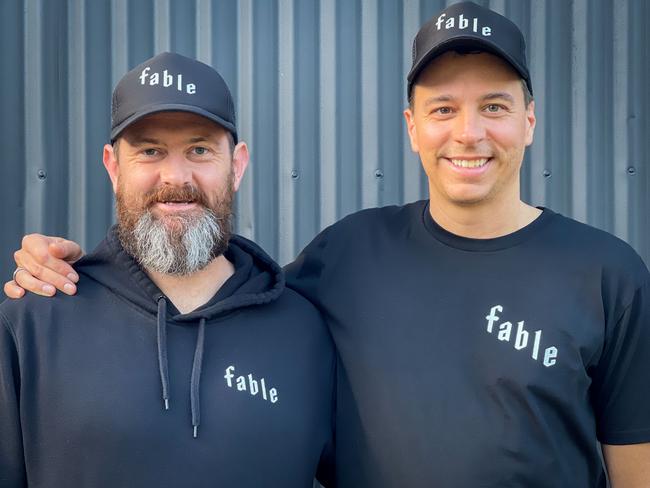
Fable most recently raised $6.5m in a funding round led by Blackbird in a bid to launch its meat-free products in the US.
“There are some big changes being driven by start-ups,” Mr Fox said. “The government has got its head in the sand when it comes to climate change for example, and a lot of the disruption and improvements in this space has been by tech start-ups.”
Venture capital firms including Square Peg, AirTree and Blackbird are playing a key role in helping prioritising impact start-ups, he said, even if their core product is not necessarily involved with sustainability or the environment like his company.
“Some of our investors like Grok Ventures, Mike Cannon-Brookes’ family office, are investing only in things relating to reducing carbon emissions, and what he’s doing with the AGL bid are examples of how people can use their money to create change,” Mr Fox said.
“Investors now want to know when you’re pitching them what positive impacts you’re having on society. That’s one of the 10 slides you now need to have in your pitch deck, which is great.”
Lauren Peate, the founder and chief executive of New Zealand start-up Multitudes, said that she often hears that early-stage companies say they’ll work on diversity, equity and inclusion efforts ‘later’.
“My experience in DEI consulting and as a founder myself is that the earlier you start, the easier it is,” she said.
“These principles become self-reinforcing and you get an outsized positive impact - I’ve seen this first-hand at Multitudes in our product and in our hiring.”
Ms Peate said that as a founder of an early-stage startup, she and her team focus on tackling one key initiative at a time, across both people and product practices, given the sheer amount of work to do.
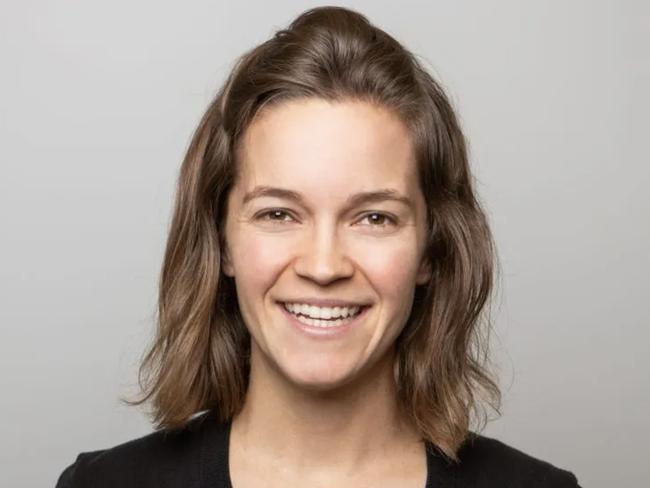
“This starts internally - for example, creating our company values and weaving them into how we do one-on-ones and product development, and then we expand this externally – through proactive outreach to under-represented communities, focusing on values and capabilities in the hiring process rather than years of experience, and asking candidates to reflect on what DEI means to them,” she said.
“What’s powerful about this approach is that we’re only ever doing one new thing – but each new thing becomes a new practice, so over time we’re layering in more and more DEI-positive habits.”
Founded in 2016, Giant Leap says it is Australia’s first venture capital investment firm that is 100 per cent dedicated to investing in impact start-ups. It invests across three key themes: sustainable living, health and wellbeing and empowering people.
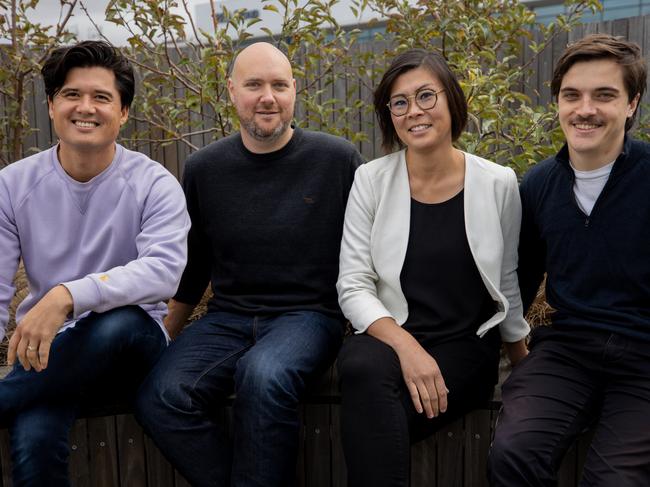
According to Giant Leap partner Adam Milgrom, the lines between traditional and impact investors are starting to blur with more and more ambitious local founders entering the impact space.
“Giant Leap‘s ability to attract $35m for a second fund, including institutional investor NRMA, on our way to a target of $50m is only possible because we’ve proven with our first fund that the world’s most pressing problems present outstanding venture opportunities by matching our top-tier peers for performance,” he said.
“Giant Leap investing alongside the likes of Airtree in Who Gives A Crap, and Square Peg and CBA in Amber Electric is just further proof that capital allocators are waking up to the opportunity of mission-driven founders. And this is the systematic change we’re striving to see.”


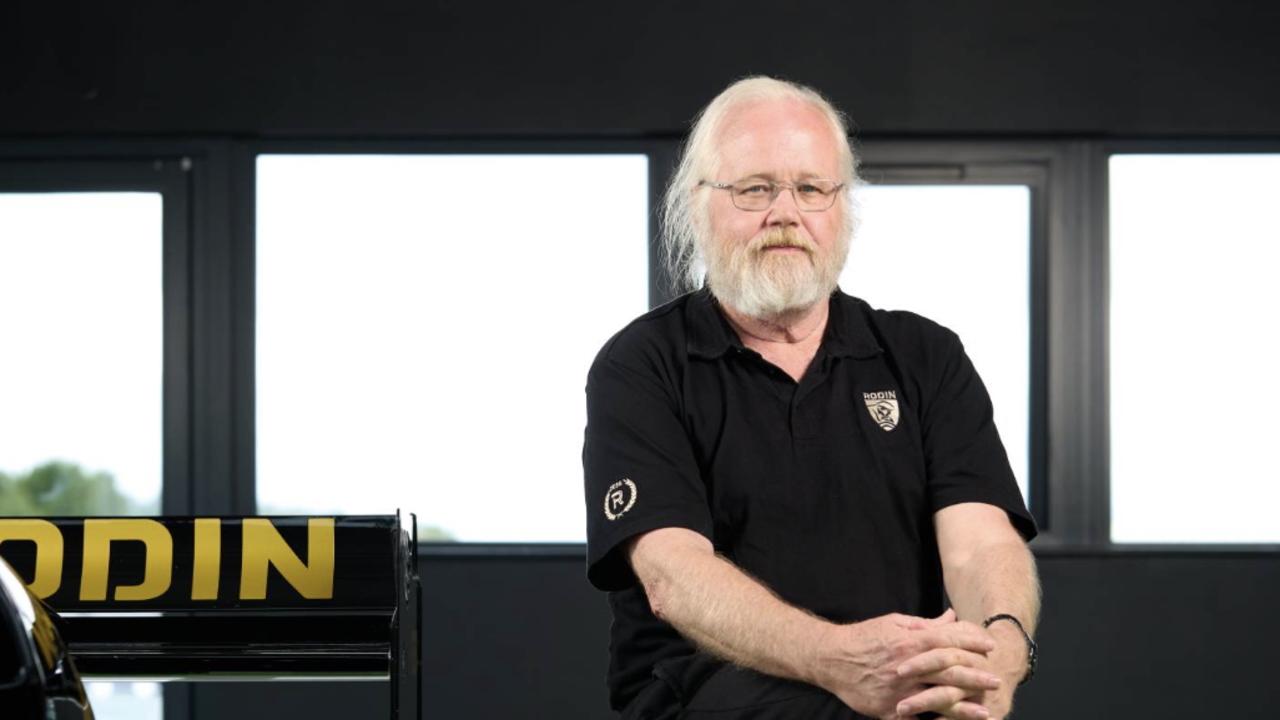
To join the conversation, please log in. Don't have an account? Register
Join the conversation, you are commenting as Logout